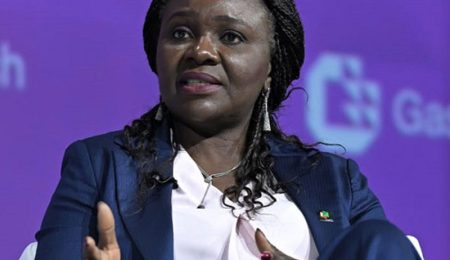The Federal Competition and Consumer Protection Commission (FCCPC) has disclosed that banking and fintech services accounted for the highest number of consumer complaints in Nigeria between March and August 2025, with more than ₦10 billion recovered for aggrieved customers within the same period.
According to a press release issued on Thursday, the Commission reported that it received a total of 3,173 complaints against banks, followed by 1,543 against Fast Moving Consumer Goods (FMCG) companies, 1,442 against fintech operators, and 458 in the electricity sector. Other areas with notable cases included e-commerce (412), telecommunications (409), retail/wholesale/shopping (329), aviation (243), information technology (131), and road transport and logistics (114).
The FCCPC revealed that in the six-month period, 9,091 complaints were resolved across 30 economic sectors. The cases ranged from unfair charges, unauthorised deductions, deceptive marketing, and service failures to defective products and lack of redress within acceptable timelines.
Executive Vice Chairman and Chief Executive Officer of the Commission, Mr. Tunji Bello, said the figures reflected the struggles Nigerians face daily. “These numbers are not just statistics; they tell the story of consumer frustration, and the daily challenges Nigerians face in essential services. However, the FCCPC is determined to hold businesses accountable, ensure compliance with the FCCPA, and promote fair market practices that protect the welfare of all consumers,” he stated in the press release.
The data showed that financial services remain the most problematic, both in volume and financial impact, with banking and fintech leading consumer complaints. The Commission linked the surge in fintech-related cases to disputes over digital lending, investment schemes, and microfinance services, noting that this coincides with the unveiling of new regulations to address abuses in the digital lending sector.
The electricity sector ranked fourth, with 458 complaints, mostly related to billing disputes and service failures, while e-commerce was highlighted as a growing concern, with disputes over deliveries, refunds, and counterfeit products occurring frequently, despite involving lower monetary values per case.
The Commission said it would intensify enforcement and strengthen collaboration with regulators like the Central Bank of Nigeria (CBN) and the Nigerian Electricity Regulatory Commission (NERC) to tackle recurring problems in financial and utility services. It also urged companies to improve their internal complaint resolution mechanisms and encouraged consumers to continue lodging complaints through its official platforms.
Faridah Abdulkadiri
Follow us on:



